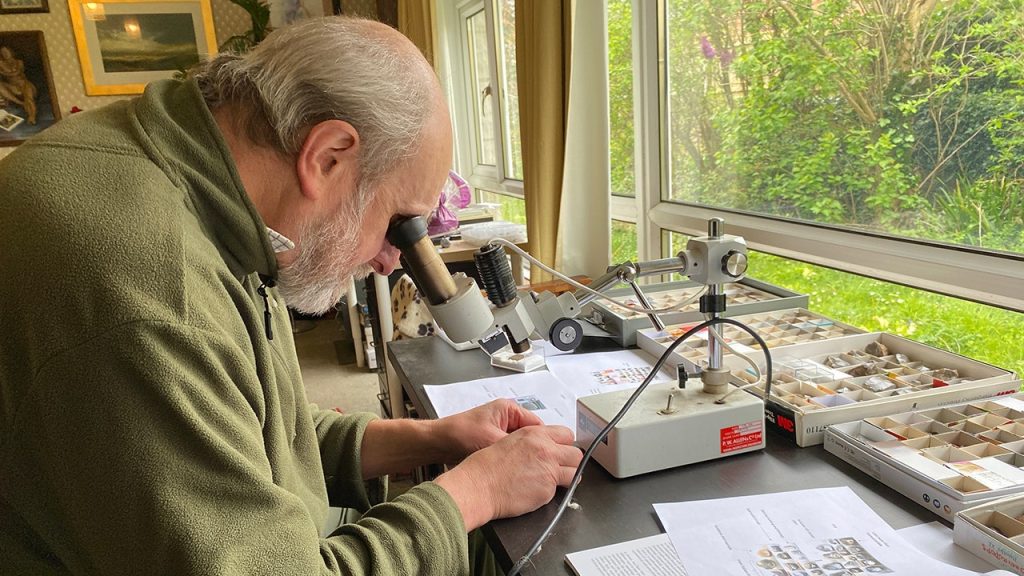A retired geologist in Somerset, England, named Andrew Beckly, discovered a lost Bronze Age settlement in his backyard. After finding an arrowhead while sifting through soil, Beckly realized the historical significance of the area and began uncovering more artifacts. Beckly credits his ability to identify these artifacts to watching the TV series “Time Team,” which features specialists working to uncover details about Britain’s archaeology and history. His collection of over 2,500 artifacts includes blades and axes, which led him to believe he had shot the history of the area back by 4,000 years.
Beckly’s interest in archaeology was further fueled by rewatching all the “Time Team” programs with his wife during the COVID lockdown. He mentioned that his discoveries did not align with what is typically found in textbooks, indicating there may be more to uncover in the area. Beckly’s method of letting the artifacts teach him, rather than trying to fit his findings into existing knowledge, allowed him to build a detailed understanding of the material. He also referenced the work of archaeologist Francis Pryor, suggesting that the Wellington hillside was likely a significant location for historic hunter-gatherers.
Beckly’s findings include the discovery of microliths and evidence of woolly mammoths, indicating a rich prehistoric presence in the area. Initially dismissed by heritage experts, his collection of Bronze Age tools is now being evaluated by experts in the U.K. to assess its significance. The discovery of a bladelet that closely resembles samples found in France suggests possible connections between the two regions dating back 10,000 years. Beckly believes that further exploration could reveal evidence of trade and migration between France and the U.K., shedding light on the ancient connections between the two countries.
The retired geologist’s methodical approach to documenting and studying the artifacts found in his backyard has led to significant insights into the prehistoric past of the region. His willingness to let the artifacts guide his learning process, along with his interest in shows like “Time Team,” has enabled Beckly to make valuable contributions to the understanding of Bronze Age settlements in the area. His discoveries challenge existing assumptions about the extent of prehistory in the west country and suggest that there may be much more to uncover than previously realized. Beckly’s findings have the potential to reshape archaeological knowledge about the region and its connections to other parts of the world.
In conclusion, Andrew Beckly’s discovery of a lost Bronze Age settlement in his backyard highlights the significance of amateur archaeology and the value of popular TV programs in fostering interest and knowledge in the field. Through his meticulous documentation and study of artifacts, Beckly has uncovered evidence of prehistoric activity in the area, challenging established beliefs about the region’s history. His findings provide valuable insights into the connections between different regions during ancient times and may lead to further discoveries in the future. The evaluation of Beckly’s collection by experts will likely shed more light on the significance of his discoveries and contribute to a deeper understanding of Bronze Age settlements in the U.K. and beyond.


